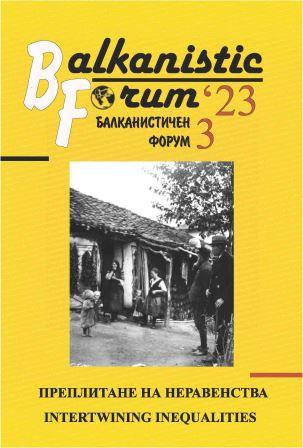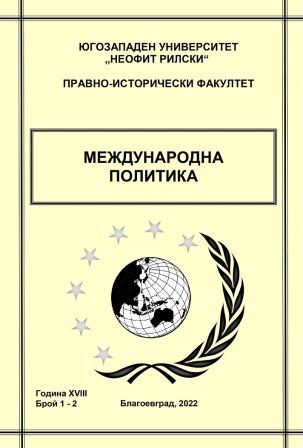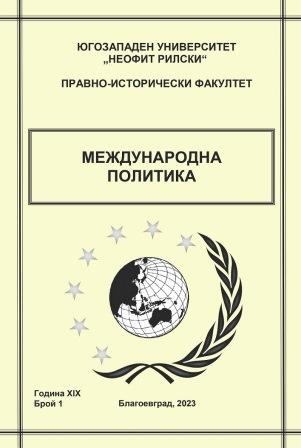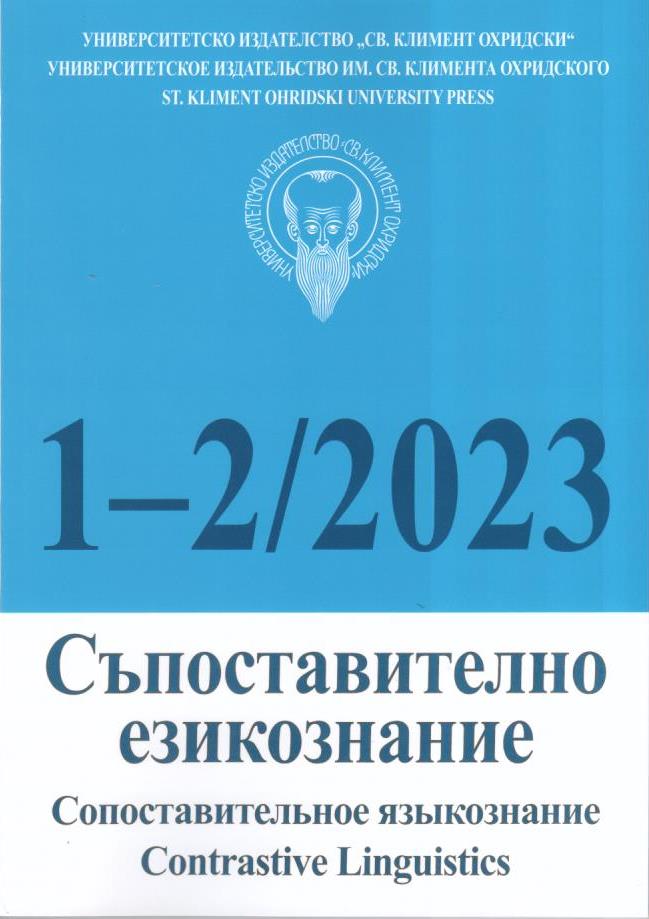
Strategy of vocational education adapting to social and economic development
Strategy of vocational education adapting to social and economic development
Keywords: vocational education; sustainable development; reform; strategy; China
Purpose. By studying the relationship between vocational education and social and economic development, this paper further clarifies the internal relationship between them, and then puts forward the strategies for vocational education to adapt to social and economic development.Results. Through the investigation and analysis of the problems between vocational education and socio-economic development, we conclude that the strategies to enhance the ability of vocational education to adapt to socio-economic development are: firstly, we should strengthen the reform of vocational education serving socio-economic development, improve the vocational education and training system, pay attention to the cultivation of students’ key employability, and actively and deeply integrate the development of regional economy. Secondly, we should carefully analyze the uncoordinated and incompatible problems between vocational education and economic development, and solve them as soon as possible. Finally, the government should evaluate the ability of vocational education to promote social and economic development, strengthen the macro control of vocational education, give play to the important role of enterprises in the process of vocational education, introduce big data management, and set a good direction for vocational education, so as to support the sustained and rapid development and progress of the economy.Scientific novelty. This paper carefully analyzes the related problems between vocational education and social and economic development. In view of the combing and analysis of these problems, this paper obtains the relevant strategies to enhance the ability of vocational education to adapt to social and economic development, and points out the direction for the cultivation of technical and skilled talents that that will promote economic development.Practical value. Through the investigation and analysis of the relationship between vocational education and social and economic development, we find that there are some uncoordinated and incompatible problems between the current situation of vocational education and economic growth. By carefully combing and analyzing these problems, we can establish the direction of vocational education reform and development, and combined with the development trend of modern economic system, draw the strategy of how vocational education can adapt to social and economic development.
More...




